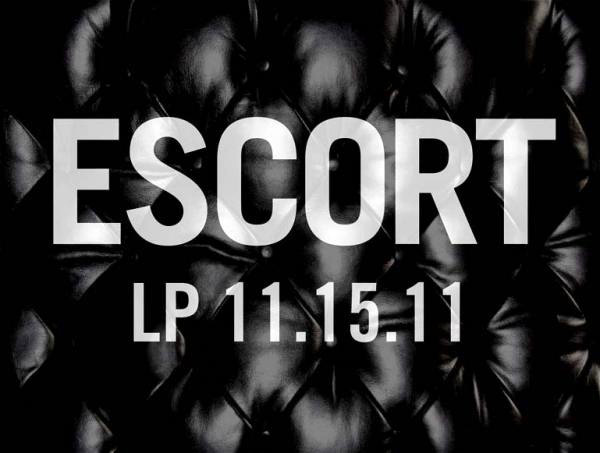Anybody listening to Escort’s self-titled debut could easily fall into the trap of thinking that this is a disco group from the 1970s. However, Escort, formed in the late 2000s, is very much a band in the present working to create a refreshing twist on a notable genre.
The album opens with “Caméleon Chameleon,” a song about the famous French imposter Frédéric Bourdin. Front woman Adeline Michèle’s velvety smooth voice, layered over the fun dance music, sets the tone for the remainder of the album.
“Makeover,” one of the album’s best songs and a slight departure from the upbeat nature of the album, is rhythmic, sexy and darker, reminiscent of island music.
Listeners can feel the raw emotion with lyrics like “Can you make me feel better / Tell me what to do / Tell me, tell me, tell me / I want to feel like you.”
Michèle’s silky voice croons over the music that is much lower in tone, making her sound like a siren. It adds a haunting feeling to the song.
One of the album’s defining characteristics is Escort’s ability to take classic songs and genres and make them their own. This is seen best with the band’s take on the Billie Holiday classic “A Sailboat in the Moonlight.”
Again, Michèle’s voice is sublime and adds depth to the song. Her voice is not quite the same as Holiday’s, but it works for the band and presents a novel rendition of the original version. The song also transitions between its catchy dance melodies and a sound reminiscent of old-time sailing songs.
As enchanting as Michèle’s luxurious voice is, it can, at times, grow tiring in its stagnant nature. It’s disappointing that Michèle’s voice only has a chance to truly shine a handful of times on the album. Still, this is only a minor distraction from the rest of the great music put together.
“Love in Indigo” is one of the rare moments on the album that removes any doubt of Michèle’s vocal ability, whose R&B vocal range is shown off in the song.
The album closes on an interesting and experimental note with “Karawane.” Michèle’s vocals are absent and replaced by what sounds like chanting and unintelligible sounds, similar to the concept employed by Hugo Ball’s poem of the same name. It is one of the better songs on the album and contains elements of disco and tribal music.
Escort beautifully walks a fine line with their avant-garde take on disco club music, but never seems to take the replication too far.
Somehow, the musical collective manages to revive the genre with an album that deserves its place within the hearts of ardent fans of music.
